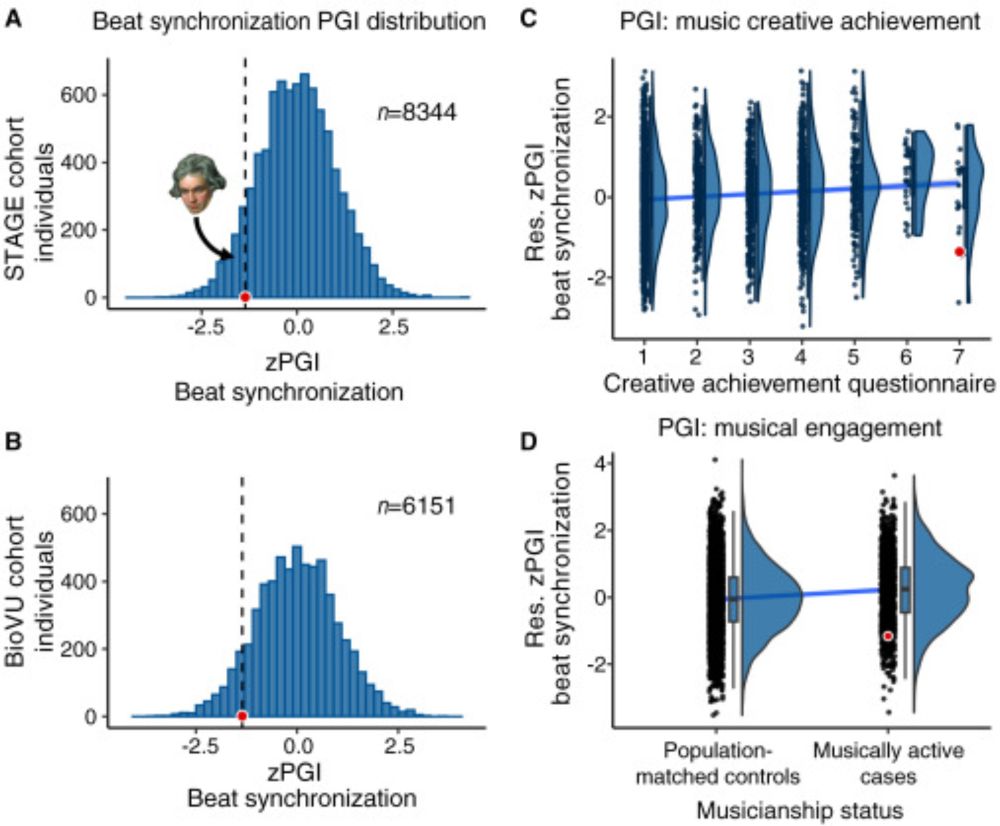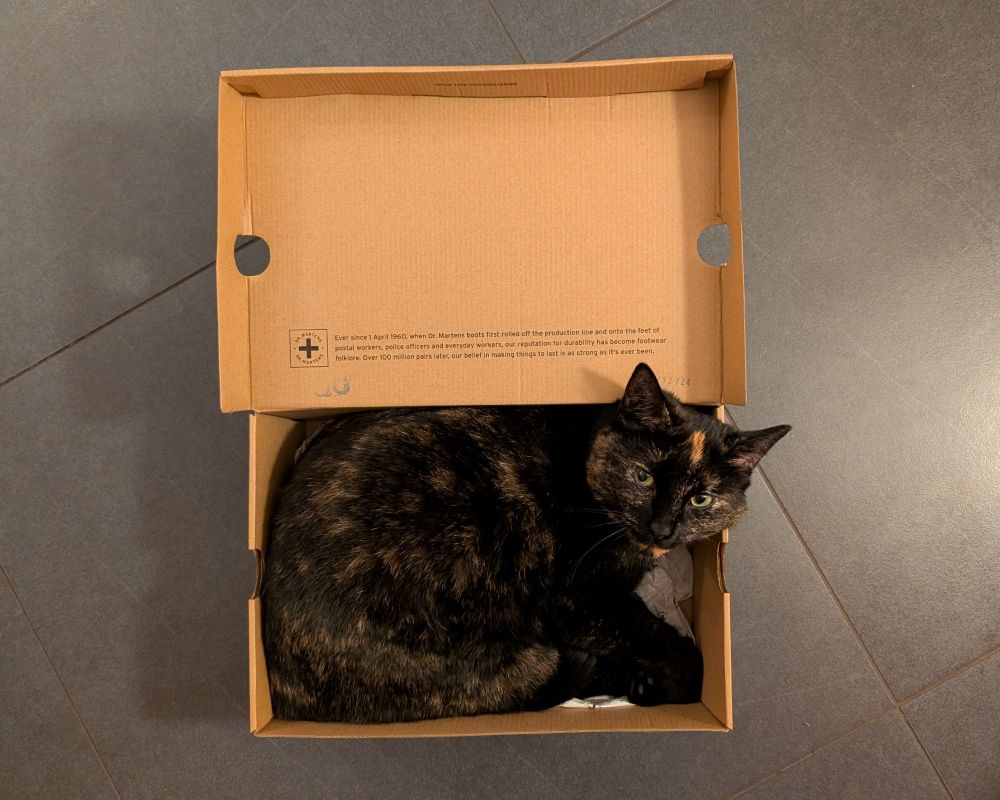
Tracing the complex connections between genes, brains, speech & language.
Website: https://www.mpi.nl/people/fisher-simon-e
ORCID: https://orcid.org/0000-0002-3132-1996




Future me: Don't do this, I beg you.
Current me: Super interesting, could find a way to fit it in...
Future me: C'mon, remember the rule, just say no!
Current me: & loads of time before the deadline...
Future me: Wait, can you even hear me?
Future me: Don't do this, I beg you.
Current me: Super interesting, could find a way to fit it in...
Future me: C'mon, remember the rule, just say no!
Current me: & loads of time before the deadline...
Future me: Wait, can you even hear me?
1/n

1/n
Crucial PSA from @wiringthebrain.bsky.social @statsepi.bsky.social @deevybee.bsky.social🧪

Crucial PSA from @wiringthebrain.bsky.social @statsepi.bsky.social @deevybee.bsky.social🧪


#science #academia
#science #academia
🗣️🧬🧪
[Will also make a Bsky explainer 🧵 on it next week when I get some time🙂.]

🗣️🧬🧪
[Will also make a Bsky explainer 🧵 on it next week when I get some time🙂.]

More info: www.mpi.nl/imprs-phd-fe...
#AcademicJobs #PhDJobs
🧬🧪

More info: www.mpi.nl/imprs-phd-fe...
#AcademicJobs #PhDJobs
🧬🧪
#DLDday #DevLangDis @radld.bsky.social

#DLDday #DevLangDis @radld.bsky.social

I'll go first: Six page commercial lease.

A personal thread about the ups & downs of the journey we took to get to that point....1/n
🗣️🧬🧪

A personal thread about the ups & downs of the journey we took to get to that point....1/n
🗣️🧬🧪
mpi.nl/career-education/vacancies/vacancy/nominations-and-self-nominations-sought-position-director-max




